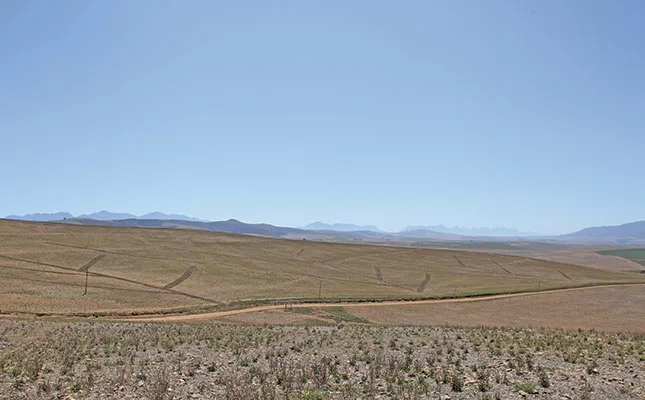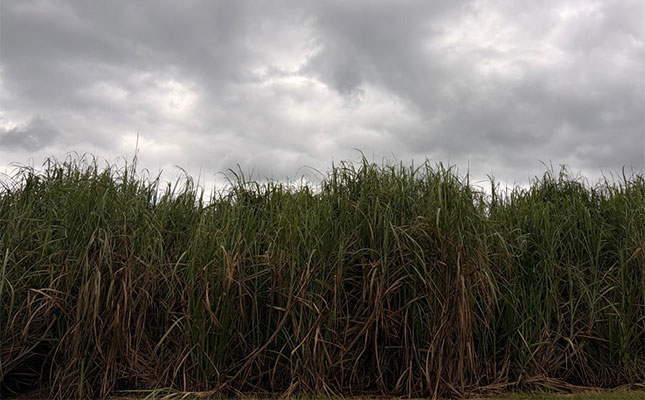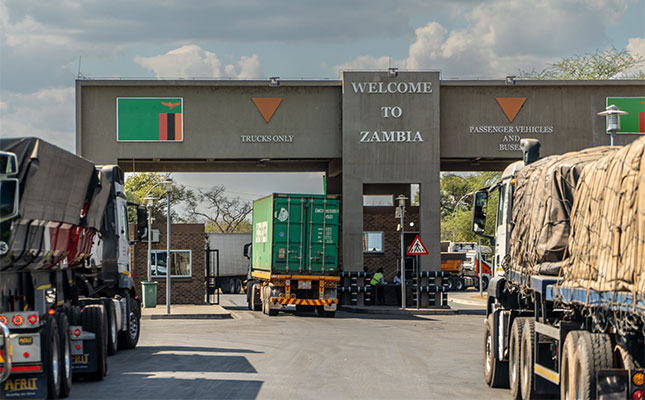
The reality is that agriculture is not a standalone industry; it is a foundational thread that weaves through South Africa’s entire economic fabric. Its contributions are multifaceted: it is a major source of foreign exchange, a large-scale employer, and the critical raw material for our manufacturing sector through agro-processing.
The agriculture sector’s vitality directly influences the health of our financial institutions, which provide the capital and funding for its growth. When we see agriculture in this light, its strategic importance becomes undeniable. The challenge, then, is to correct this perception and channel resources accordingly.
Here, our development finance institutions (DFIs) hold a unique position. As entities that sit at the intersection of public policy and private enterprise, DFIs must play a critical role in mobilising resources. Their task is to identify and invest in strategic sectors with a model that balances clear economic development objectives with commercial viability.
I am convinced that agriculture deserves to be at the top of that list. By de-risking the sector, DFIs can create a pipeline of bankable projects that attract the sustained private capital we need.
The ultimate measure of our success in this re-evaluation will be tangible, cross-border progress. For me, a key indicator will be seeing the promises of the African Continental Free Trade Area realised within the agricultural value chain.
We have discussed the potential long enough; it is time to see the green shoots of implementation: concrete projects that move goods, connect markets, and deliver tangible benefits to the people of Africa.
Our economic future depends on a clear-eyed view of all our assets. While we rightly focus on minerals and technology, we must also look to the soil. Strategic investment in agriculture is not a retreat to the past; it is a fundamental step towards building a more resilient, interconnected, and prosperous economy for the future.
Get trusted farming news from Farmers Weekly in Google Top Stories.
➕ Add Farmers Weekly to Google ✔ Takes 10 seconds · ✔ Remove anytime






